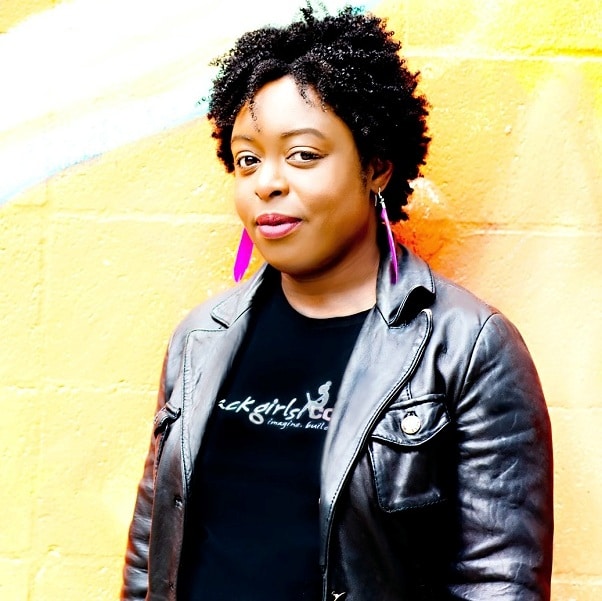It’s a known fact that the technology industry can use more diversification. I’ve been in the information security field for about seven years, and in most of my roles, I’ve been one of two women in a sea of men. In my current position, I am the only woman.
Frankly, I don’t blame this lack of diversity on companies. Companies hire people who are right for the job, fit the culture of the environment, and can grow the organization. Undoubtedly, there are adjustments companies can make to help increase the level of diversity and to make Black and brown workers in these fields feel more comfortable.
But why focus on increasing diversity? Diversity is important as we all have different experiences in life and bring our distinct perspectives to the forefront. Culture, lifestyle, environment, etc., all shape our mindset, giving each person a unique offering that differs from their peers, with disparate ideas and approaches to a problem.
Why is it important to for companies to help women and minorities in tech roles feel more comfortable? Oftentimes when you are a Black or brown employee, you tend to feel like an outcast, and even if you don’t, you still want to feel a sense of inclusion. If you don’t feel included, you are bound to seek it elsewhere. Personally, I don’t mind working with mostly men. But “mostly” is the operative word. I find it gratifying to just have a chat with a female colleague. Not only did having another woman on my team make my environment more pleasing from a personal perspective, but men and women often tend to think differently, handle situations differently, and propose completely different strategies.
This is why tailored networking groups serve a good purpose.
There are several questions that surface on this topic:
Why aren’t there more women and African-Americans in technology?
What can companies do to attract more women and minority workers?
Why do women leave technical roles?
I’m not going to venture into answering those questions, as they are so complex. However, what about the candidates? Are we, women and minorities doing our part to become creators of technology and not just consumers? Are companies and media outlets doing their part to highlight women and minorities with great technology accomplishments that will inspire our youth?
With that being said, there are experiences had by women and minorities in tech that touch opposite ends of the spectrum. Personally, my experience has been rewarding. I’ve encountered a few situations that were not ideal, but could not be completely attributed to the fact that I am a double minority. On the other hand, I’ve heard of horrific experiences had by women and minorities that were clearly related to their gender or ethnicity.
But before we start placing blame, let’s take some accountability. Before we start complaining about how other races are not creating things with us in mind, let’s bunker down and become creators. Before we start asking what others are teaching our youth, let’s plant meaningful seeds within the minds of our future generations.
No one can tell our stories better than us. No one can understand our struggles better than us. No one can, in a sense, become chameleons like we can. So who better than us than to take charge and be the creators of our own destinies? We don’t always have to be double minorities.
Quiessence is an Information Security Professional with over seven years of experience. She is also the Curriculum Development Lead for Black Girls CODE NY, creator of the Girltechie Campaign, and a workshop called “Securing Your Web”. Find her on the web @ www.itsquiessence.com









